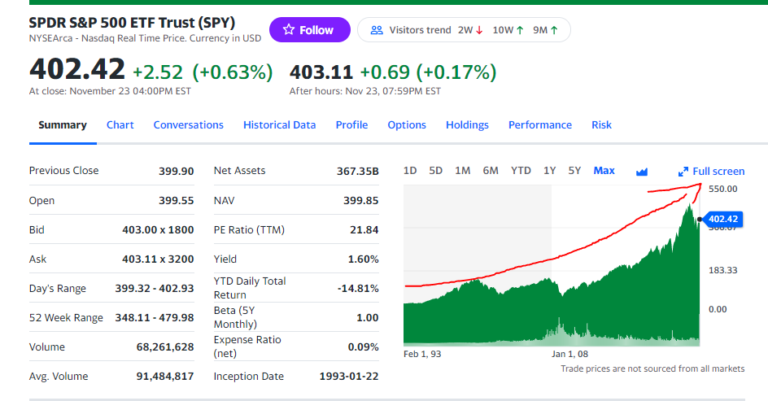Why Do People Get Nose Bleed
Nosebleeds, also known as epistaxis, are a common occurrence, affecting people of all ages. While typically harmless, they can be alarming and disruptive. Understanding the causes and treatment of nosebleeds can help you manage them effectively and prevent them from recurring.

Why Do People Get Nose Bleed
Delving into the Causes of Nosebleeds
The lining of your nose is a delicate network of blood vessels that are prone to irritation and damage. This vulnerability makes the nose susceptible to bleeding, leading to nosebleeds. Several factors can trigger nosebleeds, ranging from environmental conditions to underlying medical conditions.
Dry Air: A Culprit in Disguise
One of the most common causes of nosebleeds is dry air. Dry air can dry out the nasal membranes, making them more susceptible to cracking and bleeding. This is particularly prevalent in dry climates or during winter when indoor heating can further dry the air.
Injury: A Direct Hit to the Nasal Vessels
Injuries to the nose, whether from a blow, fall, or picking, can directly damage the delicate blood vessels, leading to nosebleeds. These injuries can be mild, such as rubbing the nose too hard, or more severe, such as a facial trauma.
Allergies: An Inflammatory Response
Allergies, such as hay fever or sinusitis, can cause inflammation of the nasal passages, increasing the likelihood of nosebleeds. The inflammation can make the nasal membranes more fragile and prone to bleeding.
Foreign Objects: An Unwelcome Intrusion
Foreign objects inserted into the nose, such as cotton swabs or toys, can irritate and damage the nasal passages, leading to nosebleeds. Children are particularly at risk due to their curiosity and tendency to explore with their hands and mouths.
Underlying Medical Conditions: A Deeper Connection
Certain underlying medical conditions can also contribute to nosebleeds. These include bleeding disorders, such as hemophilia or von Willebrand disease, which affect blood clotting, and high blood pressure, which can strain the blood vessels.
Treating Nosebleeds: Taking Control
In most cases, nosebleeds can be managed at home with simple measures. However, if the bleeding is severe or persistent, seeking medical attention is crucial.
Home Remedies: A DIY Approach
When a nosebleed strikes, remain calm and avoid tilting your head back. Tilting your head back can cause blood to drip down the throat, which may lead to nausea or vomiting. Instead, sit upright and pinch the soft part of your nose between your thumb and index finger, applying firm pressure for 10-15 minutes. This helps to compress the bleeding vessel.
Medical Intervention: When Home Remedies Fall Short
If home remedies fail to stop the bleeding, seeking medical attention is essential. Healthcare professionals can provide more advanced treatment options, such as cauterizing the bleeding vessel or packing the nose with gauze to control the bleeding.
Preventing Nosebleeds: Taking Proactive Steps
While nosebleeds cannot always be prevented, certain measures can reduce their frequency and severity.
Maintaining Nasal Moisture: Combating Dryness
Use a saline nasal spray or humidifier to keep the nasal passages moist, especially in dry climates or during winter. This helps to prevent the nasal membranes from drying out and cracking, making them less susceptible to bleeding.
Avoiding Irritants: A Healthy Nose Environment
Avoid picking your nose, which can damage the delicate blood vessels. Additionally, limit exposure to irritants such as smoke, dust, and fumes, as these can further irritate the nasal passages.
Regular Checkups: Addressing Underlying Conditions
Schedule regular checkups with your healthcare provider to monitor any underlying medical conditions that may contribute to nosebleeds. Early detection and management of these conditions can help reduce the risk of nosebleeds.
Conclusion: A Nosebleed-Free Future
Nosebleeds are a common occurrence, but they can be effectively managed with simple home remedies and preventive measures. Understanding the causes of nosebleeds empowers you to take control and reduce their frequency and severity. By following these tips, you can keep your nosebleed-free future in sight.
You May Like: Stop Poisoning Your Body with Food: How to Eat Healthy and Feel Great





